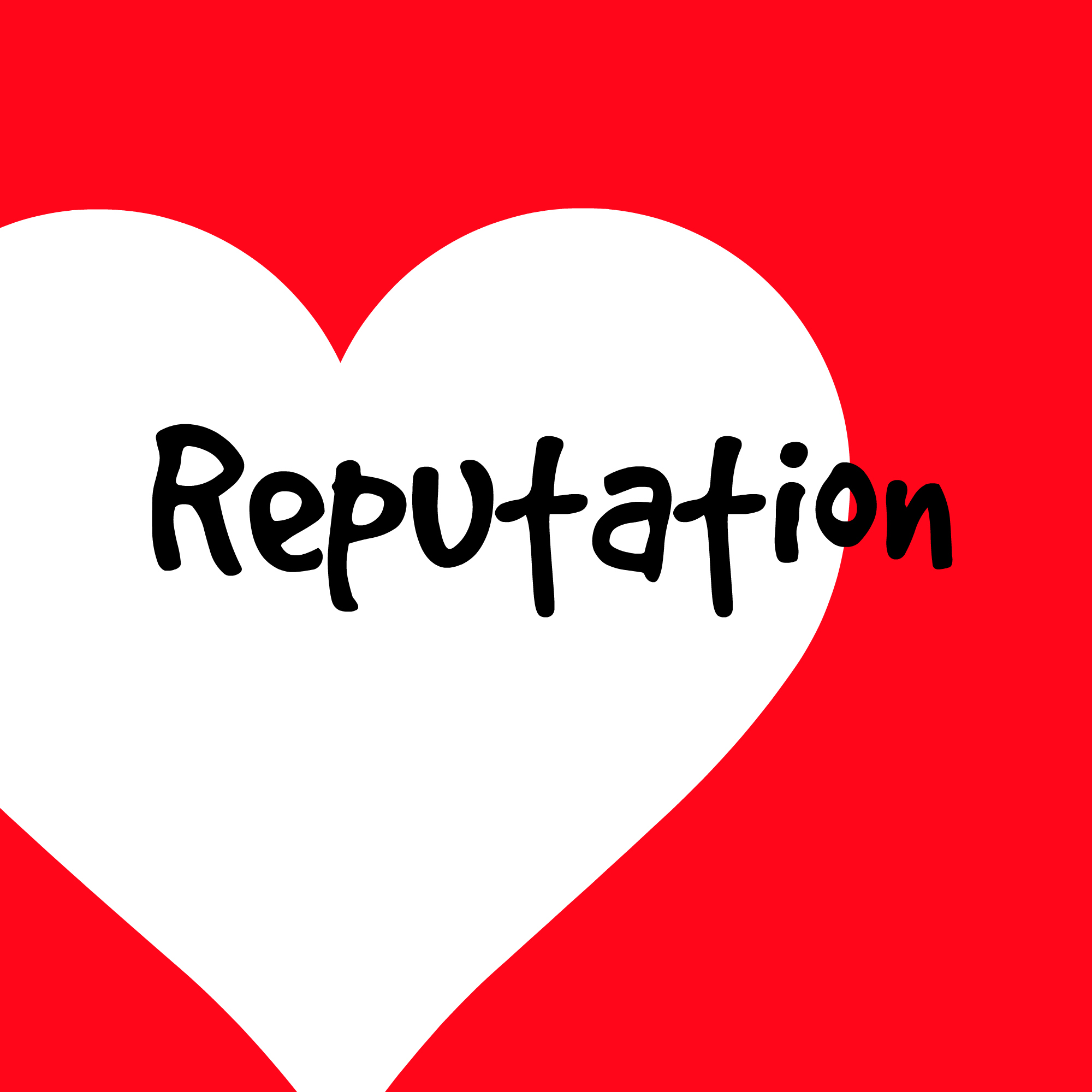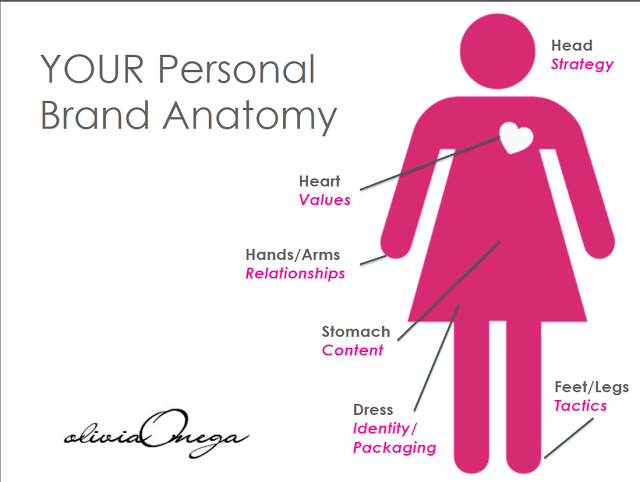I received an email this week from a fellow musician and music marketer that caused me to unsubscribe from his list. I was so incensed that I didn’t just unsubscribe, I wrote him to tell him why.
The email was a solicitation for me to buy a spot at a conference called the Ultimate Millionaire Summit organized by a woman named Loral Langmeier. I’m not going to link to either his or her website from here, for obvious reasons – I don’t want to give any extra SEO to someone I feel is using dubious marketing techniques. You can Google Loral yourself.
Be Careful Who You Sell Or Give Your Email List To
![]() This musician clearly sells or gives his email list to third parties – in this case, Loral Langmeier. He says in his email that he is performing at this “Millionaire Summit”, and told me all the reasons why I should Act Now! to join Loral (for just $297!) in Florida to “rub elbows” with millionaires and learn their secrets for accumulating my own millions! Yuck.
This musician clearly sells or gives his email list to third parties – in this case, Loral Langmeier. He says in his email that he is performing at this “Millionaire Summit”, and told me all the reasons why I should Act Now! to join Loral (for just $297!) in Florida to “rub elbows” with millionaires and learn their secrets for accumulating my own millions! Yuck.
[Tweet “Who do you give or sell your email list to?”]
The email sounded so scammy that I did some background research on Loral and found that she has been sued for misrepresenting her product and refusing to give refunds to customers who complain. Yet she has also been linked to Dr. Phil and has a great PR team who continues to get her coverage on local television so she can promote her “seminars”. Apparently these TV station interns don’t do much fact checking before inviting Loral on their morning TV shows.
Be Skeptical of Best Selling Authors
Loral has also written an Amazon “Best Seller” book. However, let me remind everyone that Amazon Best Seller spots can and are being bought by marketing agencies who simply purchase the books through back door distributors to inflate their numbers. You can read about buying your way onto the Best Seller list in the Wall Street Journal. (The WSJ remains a credible source of journalism, as far as I can tell). So it means little anymore to be an Amazon Best Selling Author.
Back to Loral and her Ultimate Millionaire Summit. With all the controversy around her, it really surprised me that this musician (who otherwise seems legitimate) would associate with her. It took me all of about 5 minutes to check her reputation out online, and none of it was good.
So I unsubscribed from his list and emailed him to tell him why. No reply. That tells me a lot. I regret all the emails of his which I actually read. His credibility with me is now zero. Thank goodness I never paid him a dime for any of his “Musician Moneymaking Secrets” – although I did download his free music promotion ebook (which is how he got my email address to start with).
Facebook Promoted Posts That Are Really Affiliate Marketing
Also this week, I read a long, long, Facebook (promoted) post by another musician about the music industry, online marketing, blah, blah, blah – only to find that she was ultimately linking to an affiliate marketing program called Empower Network (again, feel free to Google these guys, I don’t care to link to them).
This musician has created several low-budget and frankly unsophisticated YouTube videos aimed at teaching musicians how to promote their music online using social media, blogging, etc. However, at the end of every video, she always points to this Empower Network program and urges the viewer to buy into it – without really going into details about what it is.
A (very) small amount of research online shows that Empower Network really has nothing special to do with or for musicians. It is a blogging platform and online marketing tool that hooks you in by getting you to pay for a monthly subscription and then tacks on all kinds of other upsells. If you sign up with Empower Network, it seems to me that you will end up spending money on things you can get for free. From some of the online critiques I read, Empower Network is largely a waste of money, like many affiliate marketing schemes.
These types of network marketing companies have come under fire in recent years. Many sell personal improvement products, like weight loss powders. They are generally designed to part the “members” or “associates” from their money more than they are to actually sell product to end customers. They are often positioned as “join our network and get rich by signing up your friends and neighbors, and then sit back and watch the money roll in.” Except, they never work that way, and often require purchase up front, upsells or other unscrupulous marketing techniques.
The Sorry Story Of Solavie
Oh – and the cautionary tale of one more scheme, the cell phone company that is an MLM and shares a lot of the letters in my first name.
 I had a conversation with a prominent hip hop blog owner in 2012 because he was promoting a cellphone company, Solavei, to his readers. I pointed out that Solavei, which is headquartered two towns away from me, in Bellevue, WA, was essentially a MLM (Multi-level Marketing) company. It seemed to me that they were targeting the African American community as well as Christian churches. Why these demographics? Well, MLMs depend on roping in people with extensive and close personal social networks (and I don’t mean Facebook) which they can exploit for word-of-mouth selling. Word of mouth can be very powerful in close-knit communities, where someone else’s word matters more than doing any background checks on a company.
I had a conversation with a prominent hip hop blog owner in 2012 because he was promoting a cellphone company, Solavei, to his readers. I pointed out that Solavei, which is headquartered two towns away from me, in Bellevue, WA, was essentially a MLM (Multi-level Marketing) company. It seemed to me that they were targeting the African American community as well as Christian churches. Why these demographics? Well, MLMs depend on roping in people with extensive and close personal social networks (and I don’t mean Facebook) which they can exploit for word-of-mouth selling. Word of mouth can be very powerful in close-knit communities, where someone else’s word matters more than doing any background checks on a company.
Solavei featured Cee Lo Green in a performance at their 2012 company meeting. They also received 100 million dollars in private investment in August 2013.
After having briefly worked as a Vice President of Marketing for a fast-growing tech startup many years ago, I know a little about how private investors bring in capital, grow a company quickly, and then cash out. In the ‘noughts, there was a lot of “pump and dump” happening. Private investors quickly grew a startup company and then took it public, “dumping” or selling their stock for a huge profit. While Solavei never went public, its management still profited from huge salaries while they ran the company into the ground (no doubt paying Cee Lo his fee, for one thing). The investors, members and customers are inevitably left holding the proverbial bag.
Hey guess what? Solavei filed for bankruptcy last month! Of course.
[Tweet “Every musician should be running away from these marketing schemes as fast as they can.”]
The Bottom Line: Run From These Types Of Marketing Schemes
Yes, it’s hard to make a living as a musician, but musicians should be running away from these types of marketing schemes, not toward them.
Not only will they take your money, but they can also take something even more precious: your reputation and your personal brand.
Your personal brand and your online reputation are embodied by everything you do and stand for, and are directly affected by both your online and offline marketing activities. (Thanks to Olivia Omega for this great graphic.)
[Tweet “Branding is more than having a slick website or not tweeting drunk”]
As a musician, you are an entrepreneur. Your personal brand matters, because your name and the name of your band ARE your reputation. Who you endorse, sell your fan list to, align yourself with, and associate your brand with matters to those you may want to impress or sell something to. And these days, it’s all out there in public, online.
It’s just as easy to Google you as it is for you to Google someone else (or Bing, or whatever). It’s all there to see for your fans, potential managers, booking agents, A&R, licensing supervisors, labels, and anyone who might help advance your career. Make sure everything you do reflects positively on your personal brand and the brand of your band.
So please, do a little research and make sure the people whose name might appear next to yours in your search results share your values. If they are selling scammy products or you are pushing an affiliate marketing product or MLM, this will affect your brand.
[Tweet “Managing your reputation is about who you associate yourself with”]
Sure, creating controversy is a PR strategy for some musicians – but it’s just that: a carefully controlled strategy run by a marketing agency. Chances are, if you are a DIY musician, you are managing your own reputation. You are better off being conservative about who you associate your brand with.
Reputation Management Is Critical To Your Personal Brand
 Don’t just take my word for it.
Don’t just take my word for it.
Jim Joseph wrote a great post about this last year on Entrepreneur Magazine’s site called “Why Reputation Management Is Critical To Your Personal Brand” that I recommend you read. It’s short and to the point.
[Tweet “Social media can damage your personal brand in a New York minute“]
Why do I feel comfortable recommending Jim’s post? Because Jim Joseph is the North American president of New York-based communications agency Cohn & Wolfe, the author of three books, including The Personal Experience Effect. Yup, I checked him out before adding his link to this post. I read the reviews of his book, and even ordered the book so I can read it myself.
I care about this issue passionately for a few reasons. Firstly, I am a social media educator who teaches adults about personal branding online and in social media. Secondly, I am also a musician advising other musicians about social media and marketing – and my opinion matters to others. Lastly, I was raised with certain ethics around work and money. I believe in providing an honest service for what people pay for. Affiliate marketing and MLMs just rub me the wrong way, because more often than not, they seem to be designed to take advantage of people, not lift them up.
[Tweet “I don’t take advertising or payment of any kind to write favorable articles about someone”]
I like to be clear in my blog posts that I don’t take advertising or payment of any kind to write favorable articles about someone. My reputation is affected by every person I associate my personal brand with, directly or indirectly.
My GoTo List of Musicians Who Also Give Music Marketing Advice
Here are some other folks who, in my opinion, can be trusted to give good marketing advice to other musicians based, at least in part, on their own personal experience as a musician. They aren’t selling you anything scammy, just their own personal consulting services. I don’t profit in any way financially by recommending them here, either. I have simply checked them out, followed them over time, and read their work – so I’m glad to link to them. Also, a few of them are taking to crowd funding sites like RocketHub and Patreon to help support the marketing material they are producing (specifically, Bob, Ari, and Tommy), so if you like what you see, please support them just because they do good work:
- Bob Baker (@MrBuzzFactor) – Yup, bet you didn’t know that Bob is still a performing musician
- Stan Stewart (@Muz4Now, @StanleySmith, @MusicByStan)
- Ari Herstand (@aristake)
- Tommy Darker (@tommydarker)
- Greg Savage (@DIYMusicBiz)
- Johnny Dwinell (@johnnydwinell) – He’s not a musician, but he is a producer, and works with a lot of musicians, and I’ve written about him on this blog. His social media advice and his Twitter book are excellent
- Ross Barber (@electrickiwi) does great custom musician website design
- Patrick McNease (@PtheWyse)
- Brent Baxter (@razorbaxter)
- Joshua Liston (@JoshDIYMusic)
- Chris “Seth” Jackson (@HowToRunABand) – Seth says he’s out of the music marketing biz, and now he’s starting an automated band booking service, but his website still has a lot of good information on it
If you know other musicians who are also sharing their music marketing experiences and advice in a credible and trustworthy way, feel free to send a link my way via Twitter or the contact form on this website. If they check out, I would be glad to add them to my list. Or, if you feel someone on my list has sent you down the wrong path, let me know that, too (preferably via a private message).





3 comments
Thanks for the inclusion in this list, Solveig! Great post (as always!)
Great post,I particularly resonate with this sentence ‘Lastly, I was raised with certain ethics around work and money. I believe in providing an honest service for what people pay for.
I too am allergic to MLM’s …
“No matter what business you are in I believe business begins and ends with people, impact on a person’s feelings and you will have made a lasting impression.”
Absolutely ! I’m glad you resonated with my post, Diana, and thanks for your comments. I meant every word, and I think that’s something people like to see (and don’t always get!) online: genuine emotion, honesty and sincerity.